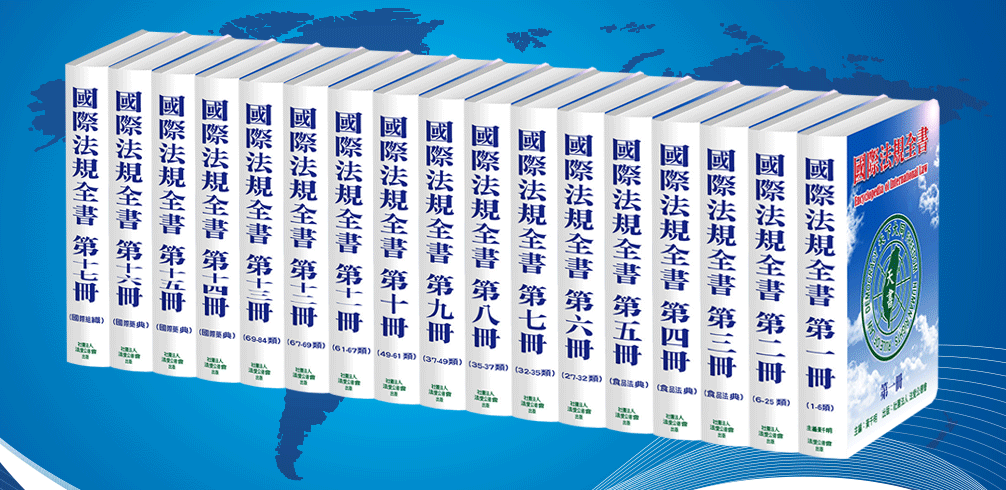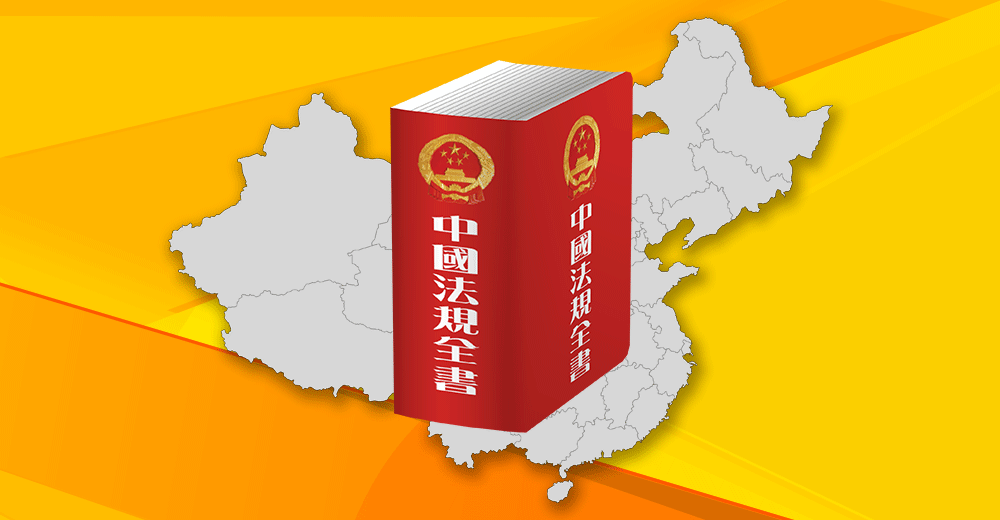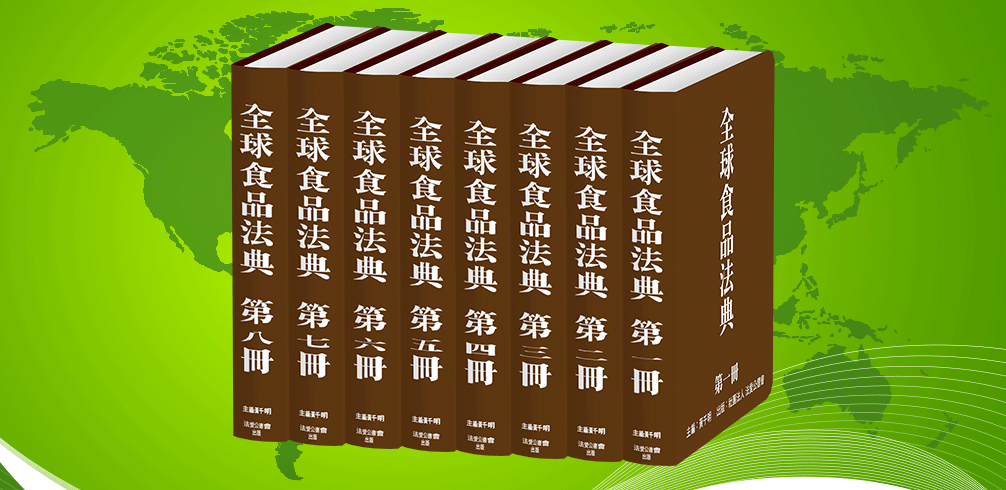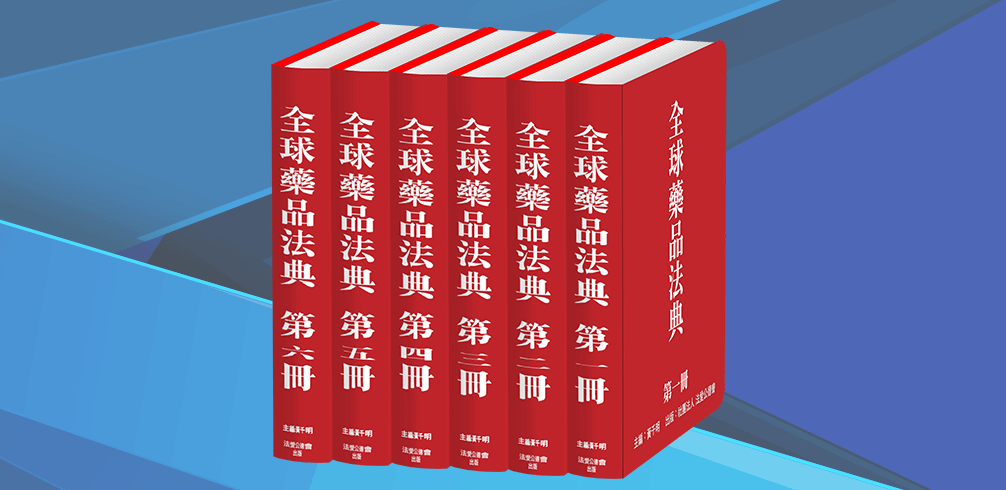Editor’s Notes
1. The "Charter for Permanent Peace/Human Unity Constitution" is a set of Constitutional Standards based on a political entity (the state) and the world as the norm. It does not involve issues between different states.
2. Brackets [ ] containing a country or geographical name at any national or sub-national level are used to signify that the name inside the brackets can be replaced with an equivalent name, thus making the constitution applicable to 249 political entities world-wide. For example: [Taiwan] in brackets can be replaced by [North Korea], [Ukraine], etc.
3. The hierarchical order used herein is: Article, Item, Section, Paragraph.
4. Parentheses () around a phrase following an article indicate that the main idea in the enclosed phrase, but it is not in the content of the Charter.
5. The symbol "§" stands for "Article". For example: §1.2.3 is Article 1 - Item 2 - Section 3.
6. Footnotes as used here are of two types: the first is brief and can be found at the page bottom, and the footnote number is in bold type: e.g., 5555; the second is relatively longer and involves forms, theory or discussion, and is found at the end of the article; the footnote number is not in bold type, e.g., 5555.
7. Most of the electronic versions are accompanied by its "URL" for the source, official website or source.
8. Text is provided in Chinese, English, Japanese, Russian, etc. Where there are differences in meaning or intent, the Chinese text shall govern.
9. The term "international law" as used in this Charter refers to "public international law" as defined in the dictionary of the Ministry of Education of the Republic of China: 1. Global International Public Law" applicable to all countries of the world, and 2. General Public International Law, applicable to most countries. The Charter recognizes that international law takes preference over domestic law with direct bearing on the rights and duties of the people.
10. This association has a database of electronic newsletters verifying the effectiveness of the Charter. It is available in Chinese, English, Japanese and Russian and issued daily. Website: www.lawlove.org/en









